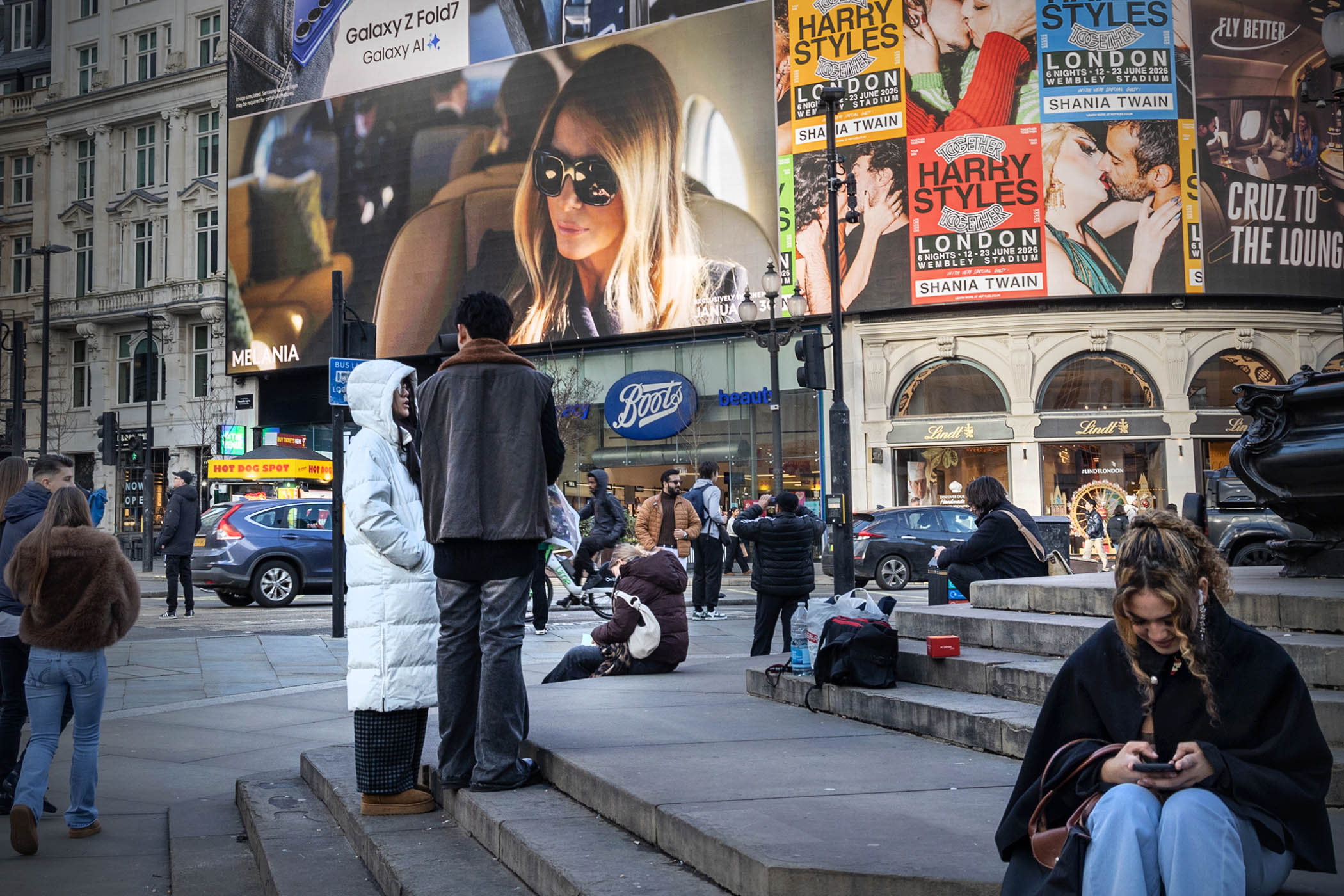Parallel Lines
Edward St Aubyn
Jonathan Cape, £20, pp272
Parallel Lines, an unadvertised follow-up to Edward St Aubyn’s previous novel, Double Blind (2021), exemplifies a I’ve come to think of as the “shy sequel”. It’s a new norm in literary fiction, where decent sales can equate to units in the low four figures – hence why publishers don’t bank on prior engagement – but this is “the most brilliant English novelist of his generation” (Alan Hollinghurst), author of the five-book Patrick Melrose series drawn on his own abuse and addiction, televised with Benedict Cumberbatch. If even his publishers won’t say Parallel Lines is Double Blind 2, it hardly screams an industry in rude health.
Then again, Double Blind did attract some of the worst reviews of St Aubyn’s 33-year career. A rompy send-up of science and finance, it wasn’t that bad, merely confirming what admirers already knew: less a plotter than an acidly comic writer of aftermath, he’s ill suited to multi-viewpoint panorama, something he’s tried more than once in his non-Melrose output (if you were St Aubyn, maybe you’d want to get out of your own head, too). In Parallel Lines, he gamely gives it another go, once more mixing beats drawn from Shakespearean comedy into a topical how-we-live-now narrative – if “we” means the kind of people who’d ask a dinner guest if it’s the first time they’ve eaten with a radio presenter, a line delivered without irony or satire on anyone’s part.
Where Double Blind jetted around the world, this time we stick to London and the south-east. It’s four years later, lockdown is history, David Cameron is foreign secretary and the main character, Sebastian, recently hospitalised with schizophrenia, is undergoing therapy with his twin sister’s adoptive father, neither of whom he yet truly knows – the plot’s major bit of unexploded ordnance. A vast cast of secondary characters – experts in botany, biology and brain imaging – collide in a coincidence-driven comedy of errors kept buoyant less by any sense of jeopardy than by St Aubyn’s mellifluous fluency and shrewdly bemused eye.
Sebastian, vulnerably naive, innocently astute, is his chief satirical outlet, flummoxed by annoying buzzwords (“You needed agency to get a career and a career to get an agency, and then an agency so you could lay down the burden of all that agency that got you a career in the first place”). His free-associating segments are a large part of the book’s energy: one six-page sequence sees him riff on the cold war, the Boer war, Bake Off, Jesus, the Qatar World Cup, Josef Mengele, and whether Remus killed Romulus or vice versa.
While the dialogue sags with things people really do say but novels shouldn’t (“How are things at work?”), the similes are the main attraction. An alcoholic cleric glugs his first drink “with the relief of a man chucking a couple of overdue thank you letters through the slit of a postbox”. A cancer patient’s husband recalls his shift in attitude after her admission to intensive care: he “turned from being something like a war correspondent embedded among the troops to something more like an editor in a corner office who decides how many front pages and leading articles should be allocated to the war. It could not be ignored, nor could it be the only headline of their lives.”
Related articles:
Glinting with hard-won wisdom lightly worn, such moments compensate for what Parallel Lines does less well. Four of the five Melrose novels give us a single day in the life of their central character, which allowed St Aubyn to make dramatic use of the intervening gaps in time; here, by contrast, given a year to play with in 250-odd pages, he feels a need to tell us everything, much of it giving the sense of a New Scientist subscriber trudging through an unopened backlog.
After the limp ending to Double Blind, it’s hardly a shock that Parallel Lines also ends up a shaggy-dog story – someone on the last page even says “to be continued” – but if this is part of a new series, it feels like displacement activity for the sixth Melrose novel St Aubyn fans still crave.
Newsletters
Choose the newsletters you want to receive
View more
For information about how The Observer protects your data, read our Privacy Policy
Order Parallel Lines at observershop.co.uk to receive a special 20% launch offer. Delivery charges may apply
Photograph Ernesto Ruscio/Getty Images



